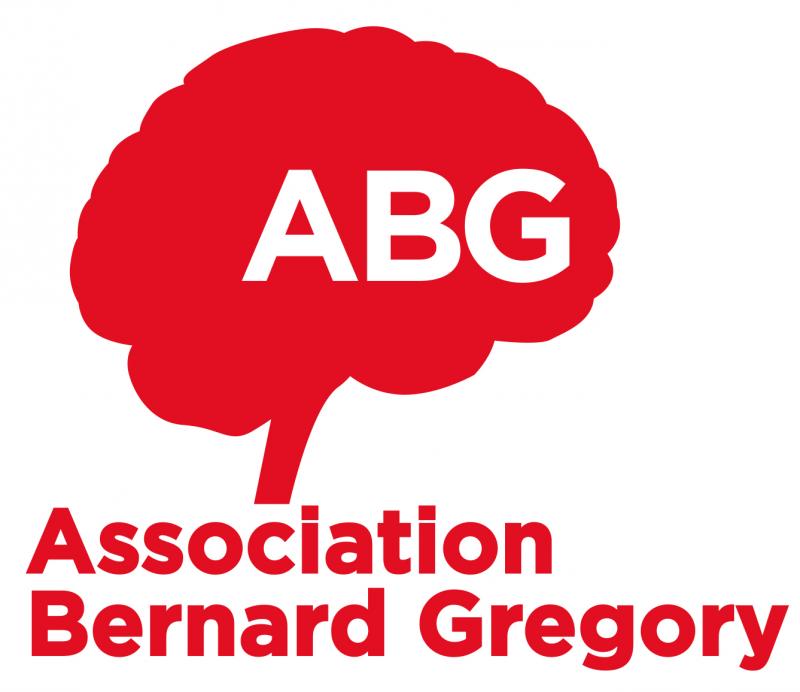Assemblages génétiquement encodés en cellules vivantes pour contrôler les processus biochimiques
| ABG-131628 | Thesis topic | |
| 2025-05-01 | Public funding alone (i.e. government, region, European, international organization research grant) |
- Biology
- Biochemistry
- Chemistry
Topic description
1. Summary
This PhD project aims to engineer genetically encoded self-assemblies in living cells to
implement new cellular functions. Our approach involves designing protein-based building blocks that
undergo phase separation through multivalent, low-affinity interactions, mimicking biomolecular
condensates. These condensates organize important chemistry in space and time and are key
regulators of cellular functions. The project integrates expertise in protein engineering (de novo design
versus rational approaches), biophysics, cell biology, quantitative microscopy, and data analysis.
2. Background and Scientific Context
Cells contain millions of biomolecules that interact to drive essential functions such as energy
production and waste recycling. A key question is how these molecules assemble at the right time and
place for these processes. Recent evidence highlights biomolecular condensates, liquid-like droplets
formed via phase separation, as central to cellular organization. This project aims to engineer artificial
condensates using physical chemistry principles, providing a strategy to control molecular organization
at the organelle scale.
3. Goals and Methodology
3.1 Task 1: Engineered Protein Scaffolds to Induce Intracellular Phase Separation : Rational versus
De novo design
The first goal is to develop protein scaffolds that enable controlled assembly and disassembly
of condensates with tunable properties. Previous designs successfully induced condensates in cells for
biochemical studies [1-5] but lacked precise temporal control and relied on a limited set of multivalent
scaffolds. To overcome these challenges, we will introduce novel dimerization strategies for rapid
(minute-scale) induction and enhance multivalency to tune condensate properties such as exchange
rates, viscosity, and phase behavior. A key innovation is benchmarking de novo designs generated via
machine learning against those derived from rational approaches.
3.2 Task 2: Reversible Perturbation of Cell Metabolism
The second goal focuses on using engineered condensates to manipulate lipid metabolism by
reversibly trapping key organelles like lipid droplets (LDs) and mitochondria. These condensates will
disrupt organelle dynamics, redirect lipid flux, and alter metabolism. We will assess metabolic changes
linked to LD and mitochondria perturbations, particularly investigating vulnerabilities in cancer cells
(such as ferroptosis). This approach could uncover new strategies for targeting metabolic pathways
during disease development.
Starting date
Funding category
Funding further details
Presentation of host institution and host laboratory
Our laboratory, located in the heart of Paris, engages in interdisciplinary research, fostering a collaborative environment where biologists, physical chemists, and biophysicists work together. We benefit from a rich academic setting, close to renowned institutes such as ENS, Curie Institute, and Collège de France.
PhD title
Country where you obtained your PhD
Graduate school
Candidate's profile
Profile: Interested applicants should hold a master's degree in Quantitative Biology, Biophysics, Chemical Biology, or a related field and demonstrate a strong interest in interdisciplinary work.
Vous avez déjà un compte ?
Nouvel utilisateur ?
Get ABG’s monthly newsletters including news, job offers, grants & fellowships and a selection of relevant events…
Discover our members
 CASDEN
CASDEN  Tecknowmetrix
Tecknowmetrix  TotalEnergies
TotalEnergies  ADEME
ADEME  Institut Sup'biotech de Paris
Institut Sup'biotech de Paris  Laboratoire National de Métrologie et d'Essais - LNE
Laboratoire National de Métrologie et d'Essais - LNE  ONERA - The French Aerospace Lab
ONERA - The French Aerospace Lab  ASNR - Autorité de sûreté nucléaire et de radioprotection - Siège
ASNR - Autorité de sûreté nucléaire et de radioprotection - Siège  ANRT
ANRT  Groupe AFNOR - Association française de normalisation
Groupe AFNOR - Association française de normalisation  Aérocentre, Pôle d'excellence régional
Aérocentre, Pôle d'excellence régional  SUEZ
SUEZ  CESI
CESI  MabDesign
MabDesign  PhDOOC
PhDOOC  Nokia Bell Labs France
Nokia Bell Labs France  Généthon
Généthon  MabDesign
MabDesign  Ifremer
Ifremer








